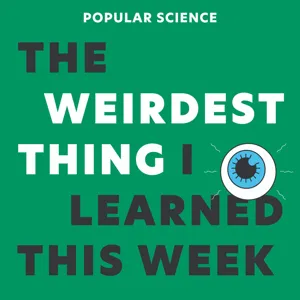Can A Burger Help Save The Planet? Impossible Foods CEO Pat Brown Says Yes

Explore "environmentalimpact" with insightful episodes like "Can A Burger Help Save The Planet? Impossible Foods CEO Pat Brown Says Yes", "Revolution Starts at Home - #182", "Soy, Almond, Oat Milks: Are They Udder Bull?", "Skin-Peeling Soup, Chlorinating the Ocean, Secret Drug Toilets" and "Kathy Freston Is The Queen of Clean Protein" from podcasts like ""The Rich Roll Podcast", "Everyday Positivity", "Science Vs", "The Weirdest Thing I Learned This Week" and "The Rich Roll Podcast"" and more!






Camping is one of America’s favorite pastimes. About 50 million Americans head out into the wilderness each year to refresh and reinvigorate themselves.
While it may seem like camping as a recreational activity has always been around, camping as we know it today is actually relatively new. For most of human history, camping is what you did during war or on a hunting or fishing expedition. It wasn’t something you just did for fun in and of itself. So how did camping become a modern pastime?
My guest today explores the answer to this question in his latest book. His name is Terence Young and he's the author of "Heading Out: A History of American Camping." Terry and I begin the show discussing how camping got its start as an anti-modern revolt after the Civil War, and the New England minister who wrote a book that would kickstart the camping craze in America in the 19th century. Terry then shares how businesses responded to the growing number of campers in America by creating and marketing products and goods to make camping easier, and how these products began a debate about which sort of camper is the most authentic camper — a debate which remains today. We end our conversation talking about the rituals of camping, why all campsites in America look exactly the same, and the state of camping today.
This is a great episode to listen to on your way to a weekend camp trip, or when you're dreaming of your next outing on the way to work.

Stay up to date
For any inquiries, please email us at hello@podcastworld.io